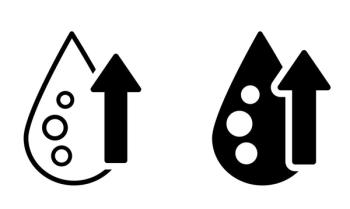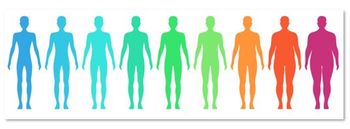
CDEP: Lipid Spike Seen When Hormone Therapy Stops
ORLANDO, Fla. -- When post menopausal women stop hormone replacement therapy, LDL cholesterol levels are likely to spike, leading many physicians to prescribe statins that may be superfluous, according to researchers here.
ORLANDO, Fla., March 5 -- When post menopausal women stop hormone replacement therapy, LDL cholesterol levels are likely to spike, leading many physicians to prescribe statins that may be superfluous, according to researchers here.
"Many of these women have no measurable evidence of athereosclerosis, and there is no clinical trial evidence of benefit or lack or benefit for these postmenopausal women," said Lewis H. Kuller, M.D., Dr. P.H., a professor of epidemiology at the University of Pittsburgh, School of Public Health.
Dr. Kuller and colleagues measured coronary artery calcium in women enrolled in the WOMAN (Women on the Move through Activity and Nutrition) trial and found that only two of 34 taking statins had coronary artery calcium scores that indicated atherosclerosis.
"So we don't know if it is really a good thing to put women on statins for the rest of their lives simply because their LDL went up when they stopped hormones," he and colleagues reported at the Conference on Cardiovascular Disease Epidemiology and Prevention, which is sponsored by the American Heart Association.
"What we need is a well designed study that will confirm that statin therapy in the absence of frank atherosclerosis will save women's lives," he said.
The WOMAN trial evaluated the effects of diet and exercise on lipoproteins in postmenopausal women who were randomized to a lifestyle change intervention (diet and exercise) or health education.
The study recruited 438 women, average age 57, and randomized 221 to the lifestyle change arm and 217 to health education.
"When the trial started most of the women were on hormone replacement therapy, but when the results of the Women's Health Initiative (WHI) were reported most of the women came off hormones," Dr. Kuller said.
The National Institutes of Health-sponsored WHI, a trial of more than 16,600 healthy women ages 50 to 79, was designed to test hormones against a wide range of endpoints ranging from cardiovascular disease and osteoporosis to cognition and cancer.
In July 2002 the NIH announced that it was stopping the arm of the trial that tested a combination of estrogen-progestin in women because the combination was associated with an increase in the relative risk of heart attack, stroke, and venous thrombosis as well as an increase in the risk of breast cancer.
In the WOMAN trial, 173 women stopped hormone therapy prior to randomization and 160 more stopped taking estrogen within a few months of study. Only 23% of the women were still taking hormone replacement therapy at 30 months, he said.
At 30 months, LDL cholesterol increased by 13 mg/dL among women in the education arm who were not taking statins versus a 3 mg/dL increase for women in the lifestyle change arm who were not taking statins (P=0.0002), he said.
But the biggest reductions in LDL were achieved by women to combined education or lifestyle change with statin therapy-an average decrease of more 40 mg/dL from baseline, he said.
Thirty-four of the women who started statin therapy had underdone baseline coronary artery calcium measurement and in these women "we found no relationship between [coronary artery calcium] and use of lipid lowering therapy," he said.
Likewise, there was no significant relationship between carotid intima-media thickness or carotid plaque measured with ultrasound at baseline, and the subsequent use of lipid lowering therapy.
Dr. Kuller concluded that "clinicians should carefully assess women for the presence of atherosclerosis before initiating lifelong statin therapy in otherwise healthy women who experience an increase in LDL following cessation of hormone therapy."
Newsletter
Enhance your clinical practice with the Patient Care newsletter, offering the latest evidence-based guidelines, diagnostic insights, and treatment strategies for primary care physicians.
































































































































